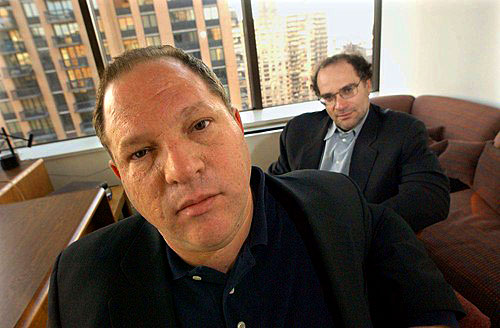 Relativity Media, the upstart film financier turned producer and distributor run by Ryan Kavanaugh is having some pretty serious money troubles that threaten to sink the whole company.
Relativity Media, the upstart film financier turned producer and distributor run by Ryan Kavanaugh is having some pretty serious money troubles that threaten to sink the whole company.
When I saw that report, the first thing that popped into my mind was "How come this didn't happen sooner?"
If you're a long-time reader of this blog you might already know that Relativity Media, and it's propensity for questionable decision is a regular subject of this blog. The earliest posts were about some of their questionable decisions, and lacklustre box office that I soon learned were based on their use of a computer program they thought could predict hits. Then came more questionable decisions like wanting to "crowdsource" screenplays, using really obvious sock-puppet accounts to praise their movie trailers, releasing movies they produced alone to directly compete with movies they co-produced with important partners, alienating other investment partners, and spending big money buying the name of Universal's low-budget horror division, Rogue Pictures, to re-imagine it as a "lifestyle brand."
Yet, the company was able to survive this litany of dumb ideas and stay afloat, at least they were until recently.
So why are things coming to a head so brutally?
 Well, being an independent film financier is like a bastardized version of Margaret Thatcher's explanation of how socialism ends: eventually you're going to run out of other people's money.
Well, being an independent film financier is like a bastardized version of Margaret Thatcher's explanation of how socialism ends: eventually you're going to run out of other people's money.
There is only one way to prevent that, and that's to show some kind of return on investment.
Movies are a glamorous and confusing business, and wealthy big money investors tend to be forgiving when they realize that being a "movie producer" is better at picking up starlets than being the biggest fertilizer dealer in the Midwest.
However, there is a point when the glamour and the sexiness no longer blinds, and the investors take a look at the numbers and say: "Where's my money going?"
You will have to do better than rehashing old sales pitches about how you're on the cusp of finding that magical golden ticket that will create only hits. Investors stop believing in that snake-oil when all the revenue from the occasional smaller profitable films arez burned away by over priced "blockbusters" that fail to bust blocks.
You can go in search of new investors, but guess what, word gets around, and you will quickly find yourself in a series of ever decreasing circles heading downward.
It's kind of sad to see yet another independent company go down the same path as so many before it, and many more after it.




















